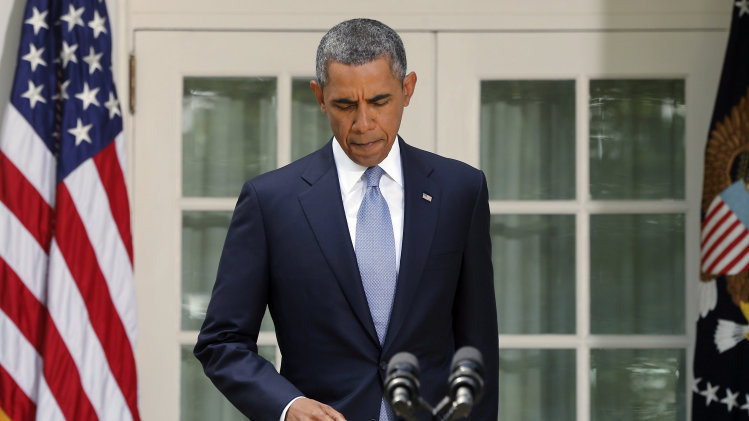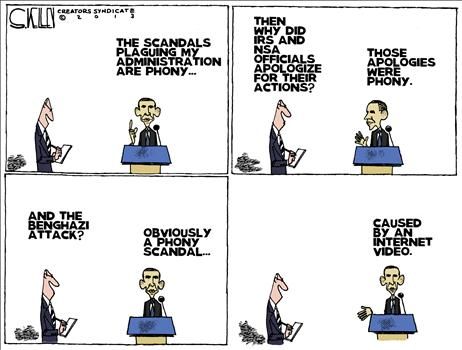The U.S. government insists it has the intelligence to prove it, but the public has yet to see a single piece of concrete evidence produced by U.S. intelligence — no satellite imagery, no transcripts of Syrian military communications — connecting the government of President Bashar Assad to the alleged chemical weapons attack last month that killed hundreds of people.
In its absence, Damascus and its ally Russia have aggressively pushed another scenario: that rebels carried out the Aug. 21 chemical attack. Neither has produced evidence for that case, either. That’s left more questions than answers as the U.S. threatens a possible military strike.
The early morning assault in a rebel-held Damascus suburb known as Ghouta was said to be the deadliest chemical weapons attack in Syria’s 2½-year civil war. Survivors’ accounts, photographs of many of the dead wrapped peacefully in white sheets and dozens of videos showing victims in spasms and gasping for breath shocked the world and moved President Barack Obama to call for action because the use of chemical weapons crossed the red line he had drawn a year earlier.
Yet one week after Secretary of State John Kerry outlined the case against Assad, Americans — at least those without access to classified reports — haven’t seen a shred of his proof.
There is open-source evidence that provides clues about the attack, including videos of fragments from the rockets that analysts believe were likely used. U.S. officials on Saturday released a compilation of videos showing victims, including children, exhibiting what appear to be symptoms of nerve gas poisoning. Some experts think the size of the strike, and the amount of toxic chemicals that appear to have been delivered, make it doubtful that the rebels could have carried it out.
What’s missing from the public record is direct proof, rather than circumstantial evidence, tying this to the regime.
The Obama administration, searching for support from a divided Congress and skeptical world leaders, says its own assessment is based mainly on satellite and signals intelligence, including intercepted communications and satellite images indicating that in the three days prior to the attack that the regime was preparing to use poisonous gas.
But multiple requests to view that satellite imagery have been denied, though the administration produced copious amounts of satellite imagery earlier in the war to show the results of the Syrian regime’s military onslaught. When asked Friday whether such imagery would be made available showing the Aug. 21 incident, a spokesman referred The Associated Press to a map produced by the White House last week that shows what officials say are the unconfirmed areas that were attacked.
The Obama administration maintains it intercepted communications from a senior Syrian official on the use of chemical weapons, but requests to see that transcript have been denied. So has a request by the AP to see a transcript of communications allegedly ordering Syrian military personnel to prepare for a chemical weapons attack by readying gas masks.
The U.S. administration says its evidence is classified and is only sharing details in closed-door briefings with members of Congress and key allies.
Yet the assessment, also based on accounts by Syrian activists and hundreds of YouTube videos of the attack’s aftermath, has confounded many experts who cannot fathom what might have motivated Assad to unleash weapons of mass destruction on his own people — especially while U.N. experts were nearby and at a time when his troops had the upper hand on the ground.
Rebels who accuse Assad of the attack have suggested he had learned of fighters’ plans to advance on Damascus, his seat of power, and ordered the gassing to prevent that.
‘‘We can’t get our heads around this — why would any commander agree to rocketing a suburb of Damascus with chemical weapons for only a very short-term tactical gain for what is a long-term disaster,’’ said Charles Heyman, a former British military officer who edits The Armed Forces of the U.K., an authoritative bi-annual review of British forces.
Inconsistencies over the death toll and other details related to the attack also have fueled doubts among skeptics.






